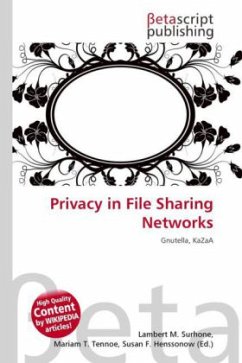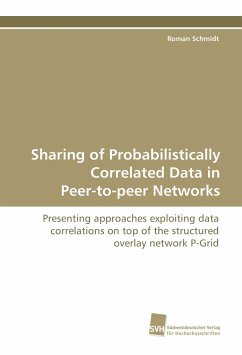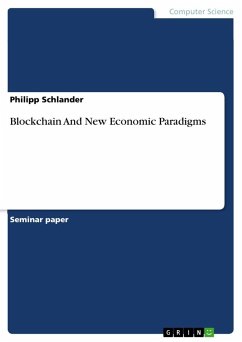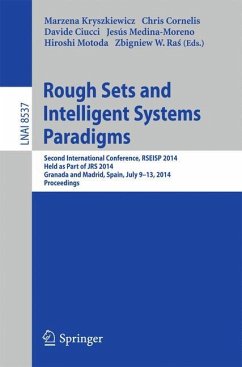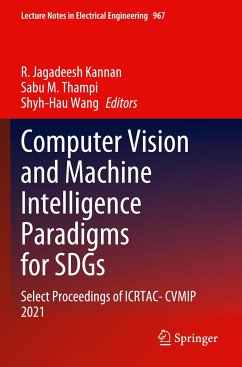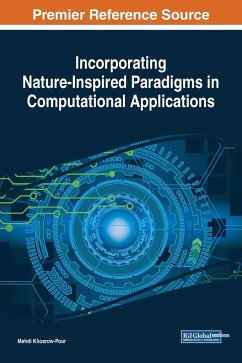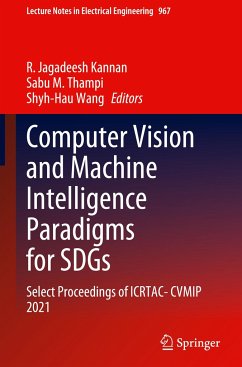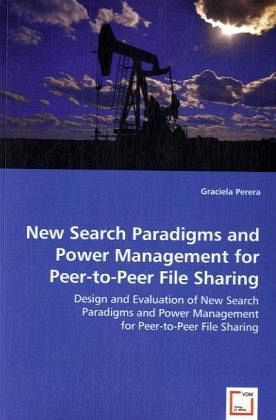
New Search Paradigms and Power Management for Peer-to-Peer File Sharing
Design and Evaluation of New Search Paradigms and Power Management for Peer-to-Peer File Sharing
Versandkostenfrei!
Versandfertig in 6-10 Tagen
39,99 €
inkl. MwSt.

PAYBACK Punkte
20 °P sammeln!
Current estimates are that more than nine million PCs in the U.S. are part of Peer-to-Peer (P2P) file sharing overlay networks on the Internet. These P2P hosts generate about 20% of the traffic on the Internet and consume about 7.8 TWh/yr equal to $630 million per year. The impact of reducing P2P overhead traffic and electricity usage as the Internet grows is of great interest and yields considerable energy and bandwidth savings.In this book, two new search paradigms with reduced overhead traffic and P2P power management are investigated. The new Targeted Search method uses statistics from pre...
Current estimates are that more than nine million PCs in the U.S. are part of Peer-to-Peer (P2P) file sharing overlay networks on the Internet. These P2P hosts generate about 20% of the traffic on the Internet and consume about 7.8 TWh/yr equal to $630 million per year. The impact of reducing P2P overhead traffic and electricity usage as the Internet grows is of great interest and yields considerable energy and bandwidth savings.In this book, two new search paradigms with reduced overhead traffic and P2P power management are investigated. The new Targeted Search method uses statistics from previous searches to target future searches and is shown to reduce query overhead traffic. The new Broadcast Updates with Local Look-up Search (BULLS) protocol enables novel capabilities including power management. Power management in P2P networks is studied as an application of the minimum set cover problem. A reduction in overall energy consumption is achieved by powering down hosts that haveall of their shared files fully shared (or covered) by other hosts. A new set cover heuristic - called the Random Map Out (RMO) - is introduced and compared to the well-known Greedy heuristic.



